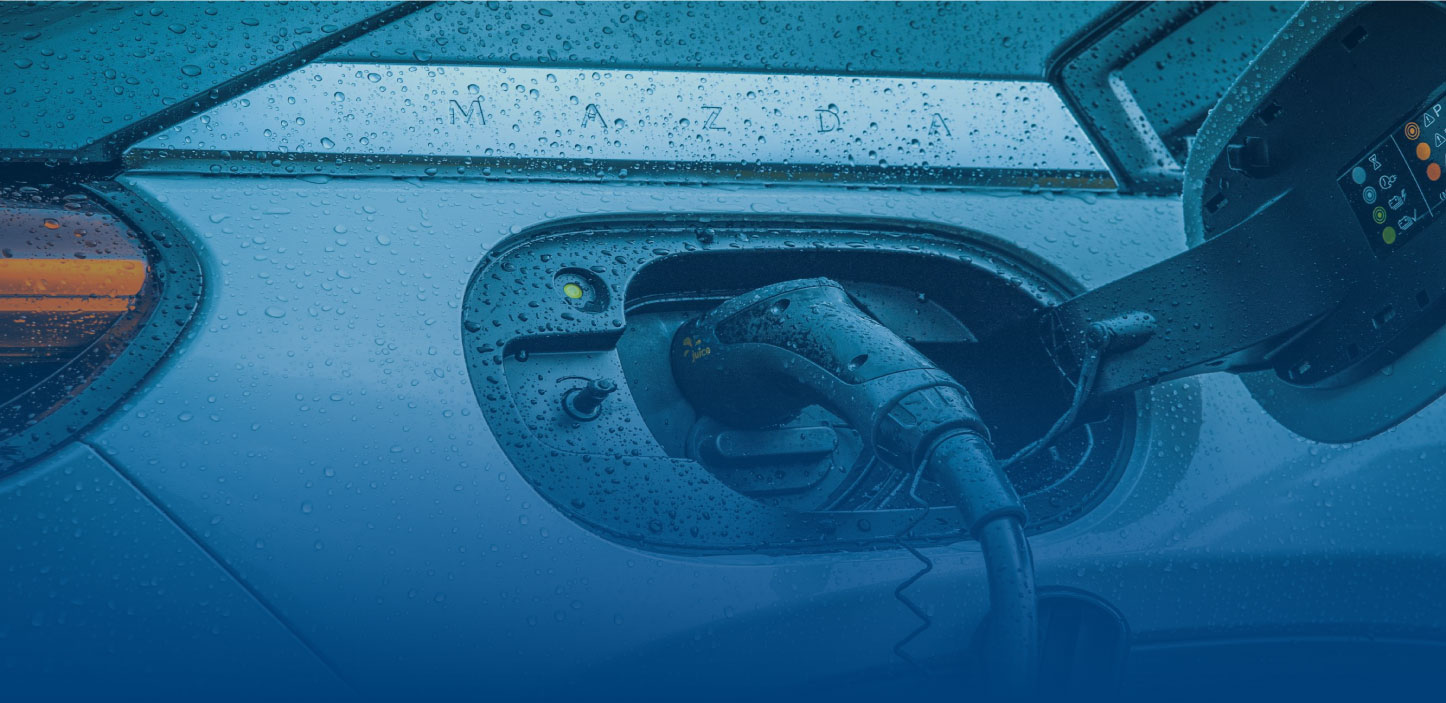Background & introduction to research
From the beginning of 2000’s the automotive industry across the globe has been under tremendous pressure from both the governments and society to pursue more sustainable model for growth. It’s been slower but prevalent in India as well as the country has been gradually absorbing the penetration of EVs. The response from the automotive sector in the country in this regards has been phenomenal with all major OEMs planning to launch EVs or have already launched one. However, the transition signals some severe environmental issues as well:
• Transportation accounted for nearly 25% of global carbon emissions with road transportation accounting for close to 20%.
• China being the central supplier of EV value chain globally mines most of the graphite used in EVs which is completely non-regulated and is leading large scale environmental damages.
• The EVs production consume many critical minerals which are not readily available in India and is completely import dependent.

Purpose – Sustainability & Hydrogen Role
While sustainability has been on the agenda for automotive OEMs for some time now in India, today we can safely say it has achieved new urgency and importance. Given the constraints faced up by BEVs w.r.t imports the chances for growth of FCEVs improves as it provides for credible alternative and support from GoI through “Atamnirbhar” initiative. Steps taken by the Government and industry combined will enable the sustainable transition for transport sector in the country.
The FCEVs in a fast-evolving mobility space may lead to some uncertainties for OEMs especially while focusing India as a market. Co-existence with various technologies would be a clear way forward for the country. One of the possible strategy is to introduce FCEVs for buses, trucks, and other heavy-duty vehicles while BEVs may remain exclusive to the passenger cars paving way for faster hydrogen adaption.

Sustainability – Strategic priority for India
We conducted a sector based “voice of customer” (VoC) for understanding the sustainability perspective for the automotive industry of India along with the potential role which hydrogen can play under both passenger and heavy vehicles sector. The general perspective is reaffirmed focus upon sustainability aspects by almost all domestic and international OEMs. Sustainability is a long-range plan for the companies not only under their subsequent operations but also to work with the supply chain network to transform the entire value chain sustainable.
Furthermore, sustainability now plays a key role in the investors and board priorities. The VoC revealed that for India the key drivers for automotive sector’s sustainability would be zoned around compliance to be at global level and responsible organization and focused R&D to meet customer expectations around sustainability for both new and existing product lines.








